Emotional Intelligence at Work
A Professional Guide
What's it about?
Emotional Intelligence at Work by Dalip Singh offers valuable insights into the role of emotional intelligence (EI) in professional settings. You will learn how to recognize and manage your emotions and those of others, enhancing collaboration and communication. The book provides practical strategies to improve your EI skills, helping you navigate workplace challenges effectively. Discover how self-awareness, empathy, and emotional regulation can lead to better leadership and teamwork, ultimately fostering a more positive work environment.
About the Author
Dalip Singh is an Indian author known for his works that explore socio-political themes, history, and cultural identity. His writing style is marked by insightful analysis and a nuanced understanding of complex issues. Singh's unique perspective often sheds light on the intersections of tradition and modernity in Indian society.
30 Key Ideas of Emotional Intelligence at Work
Harnessing Empathy for Genuine Connections
Empathy doesn't just create understanding; it builds the bridges that form deep, meaningful relationships.
Think of a time when a colleague truly listened to your struggles—didn't it foster trust? They weren’t just hearing, they were feeling with you, which transformed your bond.
- Facilitates trust: Empathy strengthens the fabric of personal and professional bonds, increasing collaboration.
- Reduces conflict: By understanding diverse viewpoints, empathy prevents misunderstandings and resolves disputes efficiently.
- Enhances team dynamics: Empathetic leaders encourage a supportive environment, boosting morale and productivity.
Today, practice active listening by paraphrasing what someone says to confirm your understanding.
Don't assume empathy means agreeing with everyone. It's about understanding their perspective, not necessarily sharing it.
Mastering Self-Regulation for Inner Peace
Managing your emotions is like steering a ship—calm seas enable smoother journeys, even through storms.
Imagine a heated argument spiraling out of control. The moment you take a deep breath, you redirect the conversation to a calm, productive conclusion. Suddenly, the storm calms.
- Promotes better decision-making: Emotional stability ensures rational, well-thought-out decisions.
- Prevents reactive outbursts: Controlling emotions reduces stress and prevents regretful actions.
- Fosters respect: Colleagues admire and trust those who maintain composure under pressure.
Next time you're upset, take a 10-second pause before responding to calibrate your emotional compass.
Avoid suppressing emotions entirely. It's about managing and expressing them constructively, not ignoring them.
Leveraging Emotional Awareness for Self-Improvement
Understanding your emotions is the first step to mastering life's dynamic dance.
Think of emotions like different brushstrokes on a canvas. Recognizing each shade and stroke allows you to paint your life’s masterpiece with intention.
- Enhances personal growth: Recognition of emotions can unearth core motivations and fears.
- Improves mental health: Awareness allows for better coping mechanisms and reduces anxiety.
- Strengthens communication: Understanding how you feel aids in expressing yourself clearly and sympathetically.
Set a daily check-in to jot down your emotions and identify any patterns or triggers.
Avoid labeling emotions as 'good' or 'bad.' They're signals to be decoded, not judged.
Deeper knowledge. Personal growth. Unlocked.
Unlock this book's key ideas and 15M+ more. Learn with quick, impactful summaries.
Read Full SummarySign up and read for free!
Emotional Intelligence at Work Summary: Common Questions
We recommend Emotional Intelligence at Work to professionals at all levels, especially managers and team leaders, because it equips them with the tools to foster a positive work environment and effectively handle conflicts.
Experience Personalized Book Summaries, Today!
Discover a new way to gain knowledge, and save time.
Sign up for our 7-day trial now.
No Credit Card Needed

Similar Books

The Decision Book: 50 Models for Strategic Thinking
Mikael Krogerus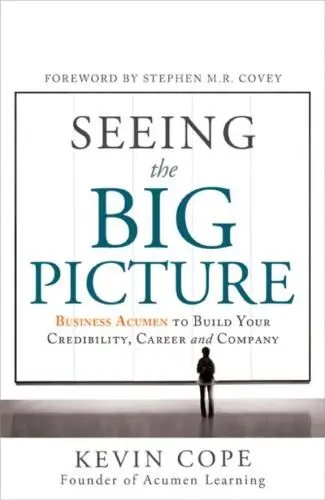
Seeing the Big Picture
Kevin Cope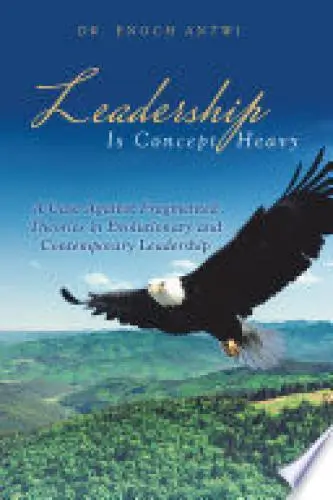
Leadership Is Concept Heavy
Dr. Enoch Antwi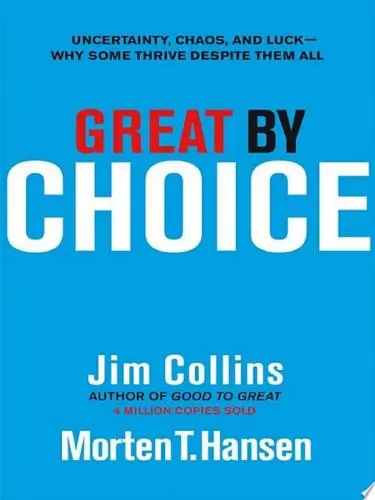
Great by Choice
Jim Collins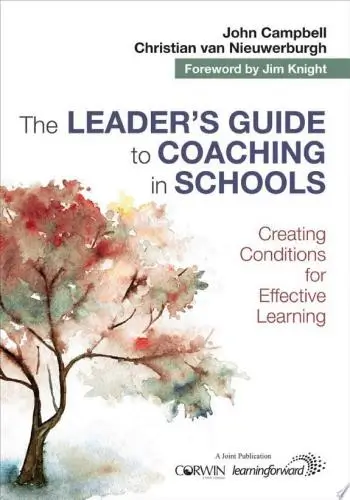
The Leader′s Guide to Coaching in Schools
John Campbell
Preparing School Leaders for the 21st Century
Stephan Gerhard Huber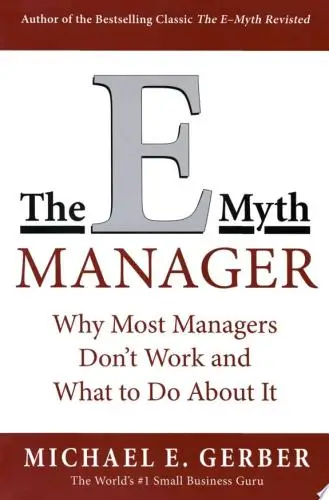
The E-Myth Manager
Michael E. Gerber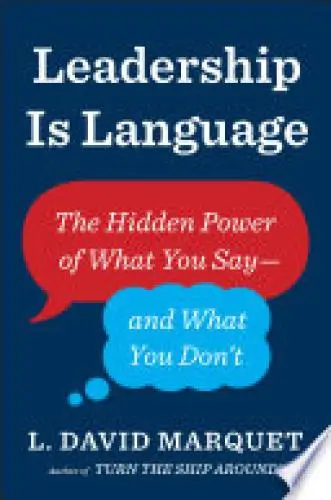
Leadership Is Language
L. David Marquet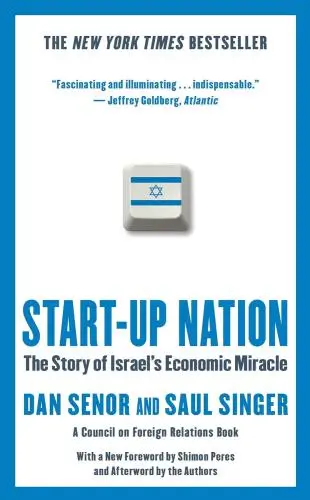
Start-up Nation
Dan Senor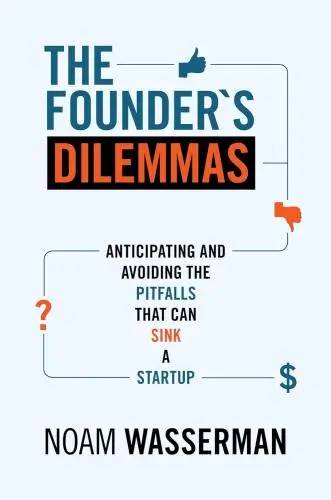
The Founder's Dilemmas
Noam WassermanTrending Summaries

Peak
Anders Ericsson
Never Split the Difference
Chris Voss
Smart Brevity
Jim VandeHei
The Psychology of Money
Morgan Housel
The First 90 Days
Michael D. Watkins
Atomic Habits
James Clear
Thinking, Fast and Slow
Daniel Kahneman
The Body Keeps the Score
Bessel van der Kolk M.D.
The Power of Regret
Daniel H. Pink
The Compound Effect
Darren HardyNew Books

Forex Trading QuickStart Guide
Troy Noonan
Comprehensive Casebook of Cognitive Therapy
Frank M. Dattilio
The White Night of St. Petersburg
Michel (Prince of Greece)
Demystifying Climate Models
Andrew Gettelman
The Hobbit
J.R.R. Tolkien
The Decision Book
Mikael Krogerus
The Decision Book: 50 Models for Strategic Thinking
Mikael Krogerus
Fichte
Johann Gottlieb Fichte
Do No Harm
Henry Marsh

